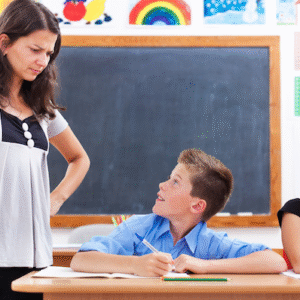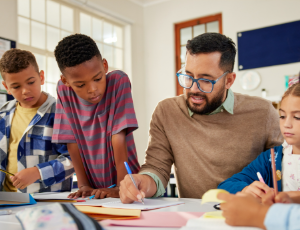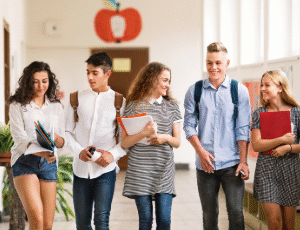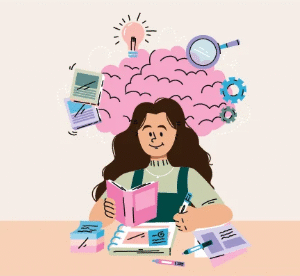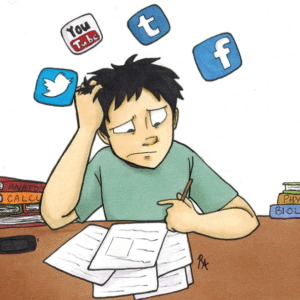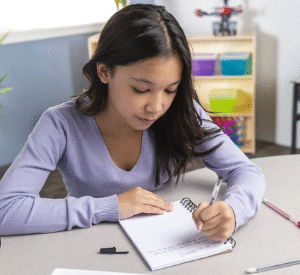
Reflective journals are a simple yet powerful tool that can enrich learning and help students grow both academically and personally. When used thoughtfully, they encourage students to think deeply about their experiences, take ownership of… Read more
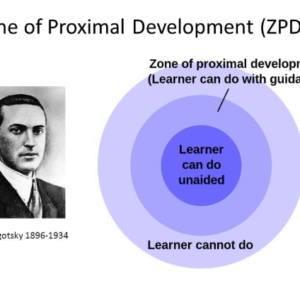
The Zone of Proximal Development (ZPD) is a foundational concept in education that highlights the importance of guidance and collaboration in learning. Originally introduced by psychologist Lev Vygotsky, the ZPD helps teachers better understand how… Read more
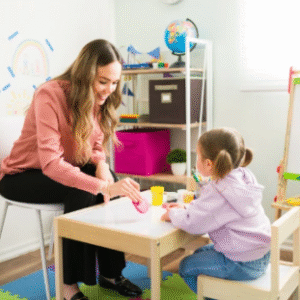
Play is more than just fun—it’s a meaningful way for children to express themselves, build connections, and explore their emotions. In school settings, play therapy offers a gentle and supportive way to help students navigate… Read more
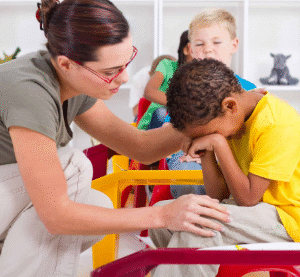
Emotional awareness and regulation are essential life skills—especially for students learning how to navigate both academic challenges and social situations. When schools support students in understanding and managing their emotions, they create classrooms that are… Read more

